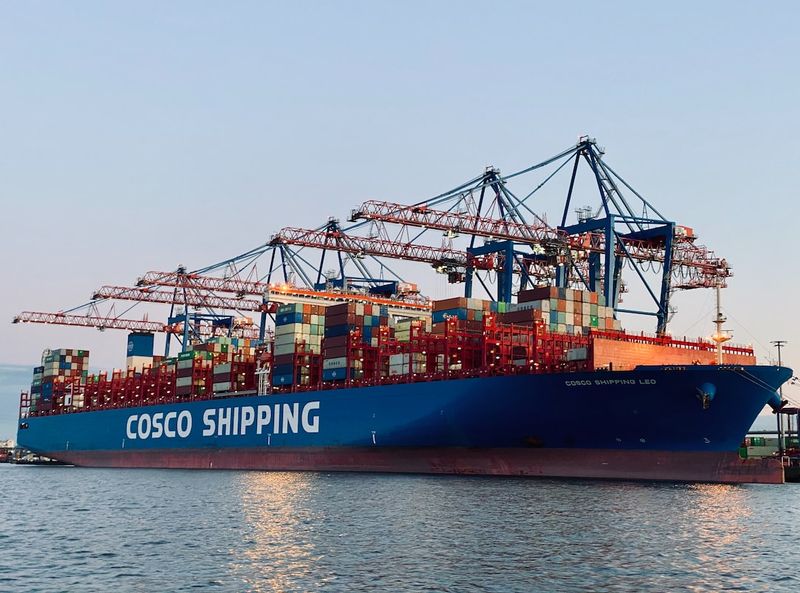LONDON UNDERGROUND STRIKES CALLED OFF FOR THIS WEEK, WHILE ASLEF TRAIN STRIKE STILL GOES AHEAD
Overview
Two planned strikes by London Underground workers, scheduled for Wednesday and Friday, have been called off by the RMT union. The strikes were in response to plans by London Underground to reduce staff numbers, leading to concerns over job security. However, talks between the RMT and London Underground at conciliation service Acas have resulted in “significant progress,” prompting the union to suspend the strikes. Despite this development, negotiations are still ongoing regarding pensions and working agreements. In a separate matter, the national strike by Aslef train drivers is still set to proceed on Wednesday, causing disruptions to rail services across England.
Achievements and Ongoing Disputes
The RMT’s decision to call off the strikes came as a result of securing certain victories in the negotiations with London Underground. The RMT general secretary, Mick Lynch, stated that the strike threat had contributed to these successes. The resolution is considered “good news for London,” according to Transport for London, which reiterated that no employee would lose their job as a result of the proposed staff reductions.
However, despite the progress made, there are still outstanding issues to be resolved. The RMT remains in dispute with London Underground over pensions and working agreements and will continue to pursue a negotiated settlement. It is clear that the recent talks have not entirely resolved all the concerns raised by the union, and further negotiations are necessary to reach a comprehensive resolution.
Impact on Rail Services
While the strikes on the London Underground have been called off, disruptions to rail services are still expected due to the national strike by Aslef train drivers. This strike action will affect most routes in England, including cross-border services to Wales and Scotland. Only a few train companies, such as Great Western, Greater Anglia, Southern, and LNER, will be able to run services during the planned strike.
The decision to stage this strike during the final day of the Conservative conference in Manchester is significant, as it highlights the union’s targeting of the governing party over pay rises. Aslef claims that train drivers have gone over four years without a pay increase. The strike action has raised concerns about the potential cancellation of future HS2 high-speed train services from London to Manchester, as the cancellation may be announced by Rishi Sunak during his conference speech, coinciding with a day of disrupted train services between the two cities.
Future Developments and Recommendations
As discussions between the RMT and London Underground continue, it is crucial for both parties to work towards a mutually agreeable settlement. Resolving outstanding issues regarding pensions and working agreements will be vital in maintaining a harmonious working relationship and preventing future strikes.
Similarly, it is essential for the government and rail firms to engage in meaningful dialogue with Aslef to address the drivers’ concerns over pay rises and working conditions. Ongoing strikes and disruptions to rail services are detrimental to both commuters and the economy as a whole. Building consensus and finding a resolution that takes into account the needs of all stakeholders will be crucial in preventing further industrial actions and ensuring the smooth functioning of the rail industry.
Furthermore, the potential cancellation of HS2’s northern leg should be carefully considered. Aslef’s opposition to this cancellation is based on the belief that abandoning the project at this stage would render the previous investments futile. A comprehensive evaluation of the costs and benefits of HS2 should be conducted, taking into account the impact on rail services and regional development.
In conclusion, while the cancellation of the London Underground strikes brings temporary relief to commuters, the ongoing disputes and the forthcoming Aslef train strike highlight the need for sustained efforts to address underlying issues in the rail industry. Open and constructive dialogue, coupled with proactive decision-making on key projects, can pave the way for a more stable and efficient rail network in the future.

<< photo by Jacob Meissner >>
The image is for illustrative purposes only and does not depict the actual situation.
You might want to read !
- London Underground Strikes: Walkouts Called Off, Providing Temporary Relief
- London Underground averts tube strikes: Walkouts cancelled, commuters rejoice
- Charlotte Sena Updates: Arrest Made in Craig Ross Jr. Case
- The Remarkable Return: How Fingerprints on a Ransom Note Led to the Discovery of Charlotte Sena
- An End to Tube Strikes: Planned Wednesday and Friday Walkouts Cancelled




